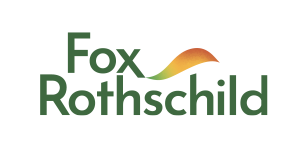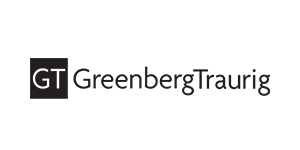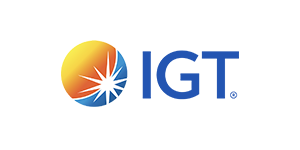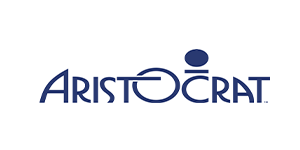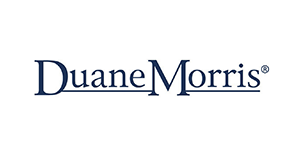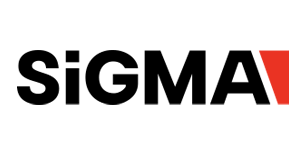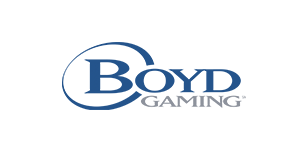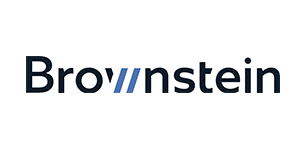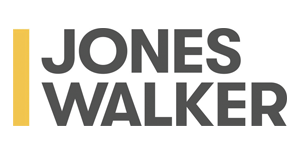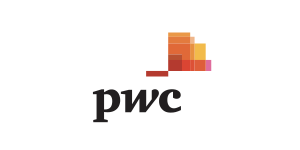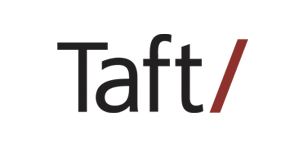- Home
- About IAGA
- Bylaws
- Our History
- Our Leadership
- Our News
- Events
- Membership
- Sponsorship
|
Germany: Restrictions serve to compound massive losses The number of people with SARS-CoV-2 is increasing in Germany, as they are elsewhere. Yet, Germany has won international praise for how it has handled the Coronavirus pandemic so far; the most extensive restrictions affecting businesses and every-day life were only in place from approximately mid-March 2020 to mid-April. Thereafter, individual states slowly started loosening the restrictions on a state-by-state basis by means of special state-specific ordinances. At first, these did not include possibilities for gaming premises to reopen, later re-openings, in most states, were made dependent on the quality of the hygiene measures in place. These restrictions are still in place and, of course, could be intensified at any time, if need be. According to a recent study, which was prepared in May/June 2020, when the consequences of the SARSCoV-2 pandemic were beginning to emerge, the impact of the pandemic was and will be most noticeable in the landbased sector (with the exception of the lottery sector, which seems rather unaffected). Reason for this are of course, the social distancing requirements and restrictions, which forced landbased establishments to close for some time and thereafter apply strict hygiene measures. Assuming a hypothetical best case scenario, where there would be no second wave of infections or further contact restrictions in Q3/Q4, the study concludes that the impact of the pandemic could still mean losses of approximately 20-25 per cent in the gaming hall sector and approximately 40 per cent in the landbased casino sector for 2020. However, a strong shift towards online gaming occurred in a casino context, drivers being the restrictions affecting operations in landbased establishments, many people having more free time and use of online media considerably increasing. For the sports betting sector, it was not possible to achieve that kind of shift because operators were extremely limited in the markets they could offer due to impact the pandemic has had on sports. The German Bundesliga restarting in May relaxed the situation to a certain extent, but it seems clear that the sports betting sector will suffer most from the pandemic as it is impacted by both, the restrictions on premises and the restrictions on sports. POST CV19 OUTLOOK German regulators now have a chance to work on a regulation that is fit to achieve a channelisation of the market to licensed offerings and hopefully draw upon the wealth of knowledge of the gambling industry and fellow regulators to do so in a responsible and consumer protecting way. The decision to agree on a reform was taken in March 2020. The new regulation shall enter into force on July 1 2021.
|


